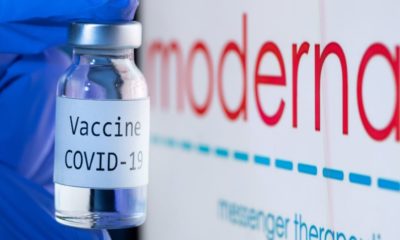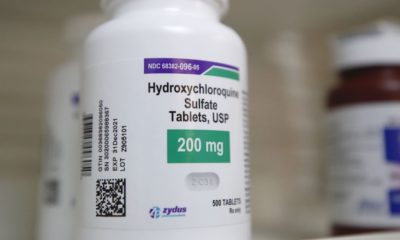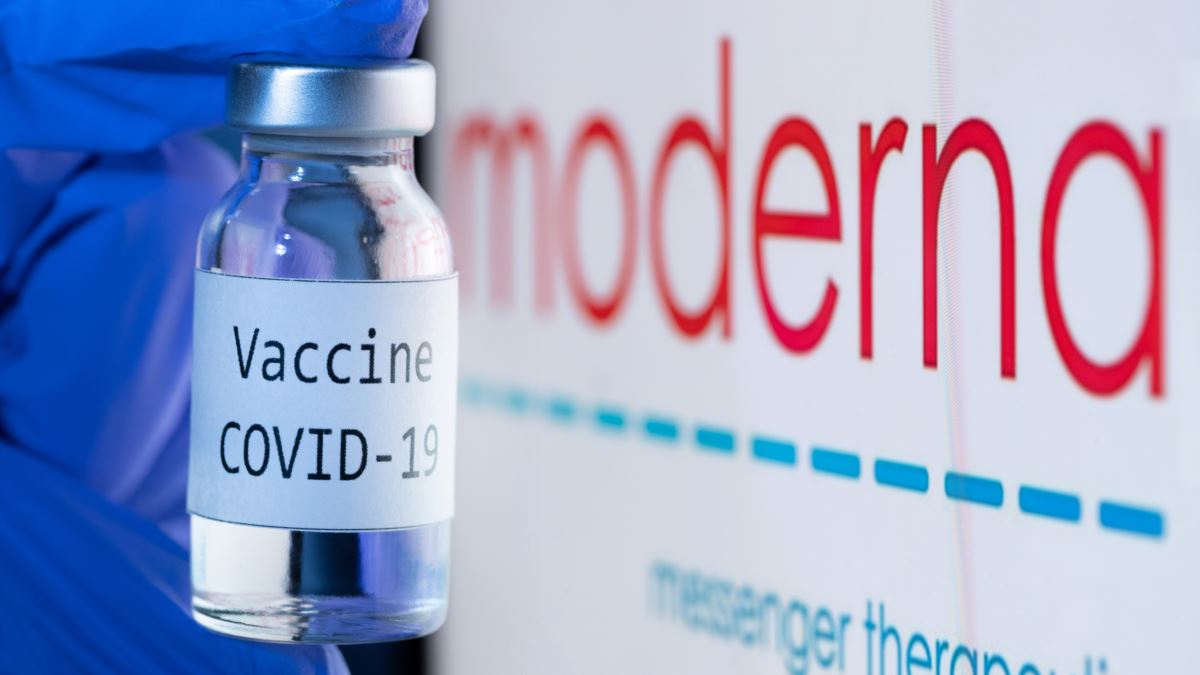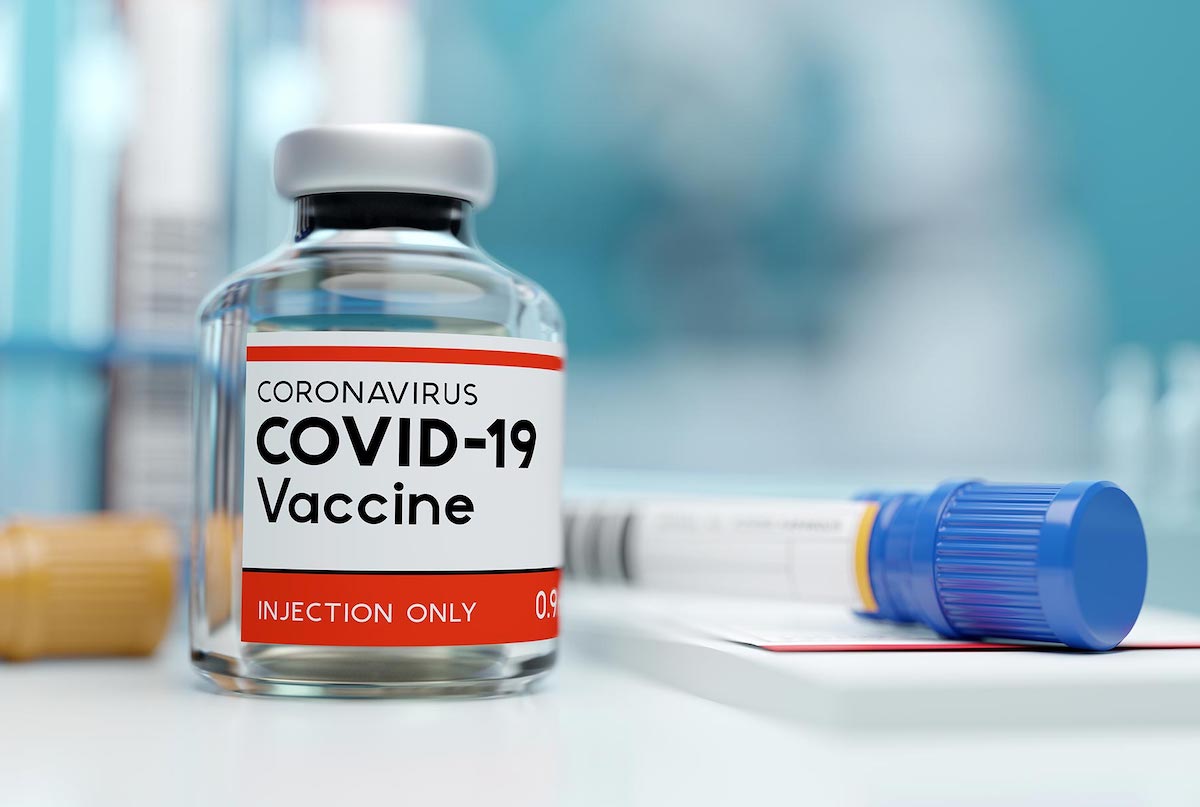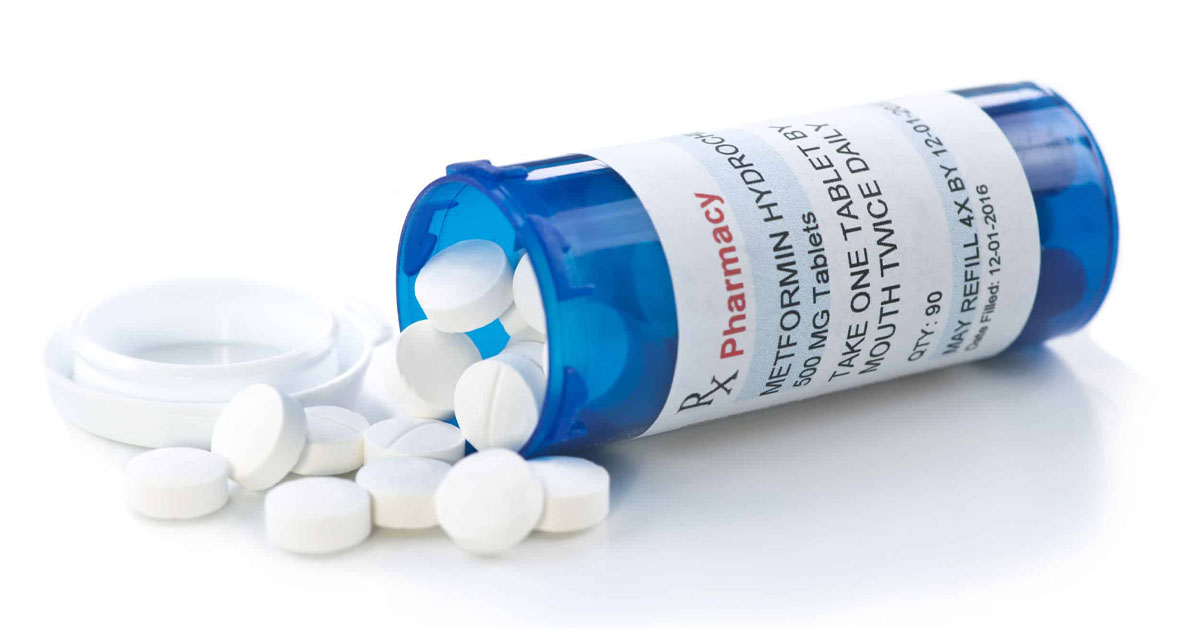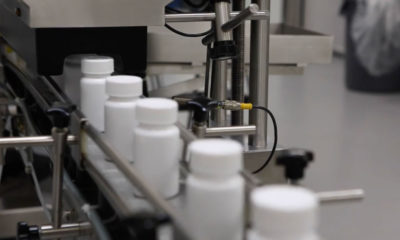The popular anti-parasite drug, ivermectin, is being tested to see if it is beneficial against COVID-19. This medication is often given for pinworm as well as nematode infections in humans. It can also be prescribed as a treatment for head lice. A version of the medication is also used as treatment of parasites in animals.
Hope for Treatment with COVID-19
The test hasn’t been performed on humans, but it was tested on a cell culture in a laboratory, which had been infected with COVID-19. The results showed that the viral colonies were reduced within two days by 5000 times.
The medication attaches to the nerve cells and muscles of parasites to cause paralysis and finally, death. The study was published in Antiviral Research and indicated the same medication has shown promise in limiting infection of other viruses. It may be used to treat influenza and West Nile virus.
While the medication targets roundworms with muscles and nerve cells, viruses don’t have these same cells to be targeted. However, they do contain a specific protein, which the ivermectin also targets.
The Benefits of Using Ivermectin with COVID-19
More testing is needed to determine if it can, in fact, help treat COVID-19. If testing is positive, it will provide several benefits for Americans. The drug is easily accessible because it’s listed as an essential medicine by the World Health Organization (WHO). The FDA has already approved it for humans back in 1996.
Ivermectin has already been determined to be safe for use in humans. On the other hand, it hasn’t been deemed as safe for pregnant women or in children under 33 pounds.
One of the risks with this medication is that it can increase the risk of bruising and bleeding if it is taken with Coumadin or warfarin. The most common side effects with the medication are fairly minor and include the following:
- Nausea and vomiting
- Abdominal pain
- Constipation
- Dizziness
- Insomnia
- Itching and rash
Side effects that are less common include swelling of the face, increased heart rate and low blood pressure.
The most popular use for ivermectin in the US is in animals. It is a commonly used treatment for parasitic worms in grazing animals, such as cattle. It’s also used for heartworm prevention in dogs and cats. It can also be used with some reptiles.
The research was conducted in Australia with the Biomedicine Discovery Institute from Monash University and Peter Doherty Institute of Infection and Immunity. According to the research, the coronavirus could be killed within 48 hours and significant improvement seen in 24 hours.
The next step, according to the researchers, is to find a dosage that is safe and effective in humans and test it on people. Since there isn’t an approved treatment for COVID-19 and a vaccine won’t be readily available for at least a year, researchers say it’s critical to find a current medication for treatment in a pandemic.
Even with positive testing, it can take some time for a drug like ivermectin to be used in a new treatment in the US.



